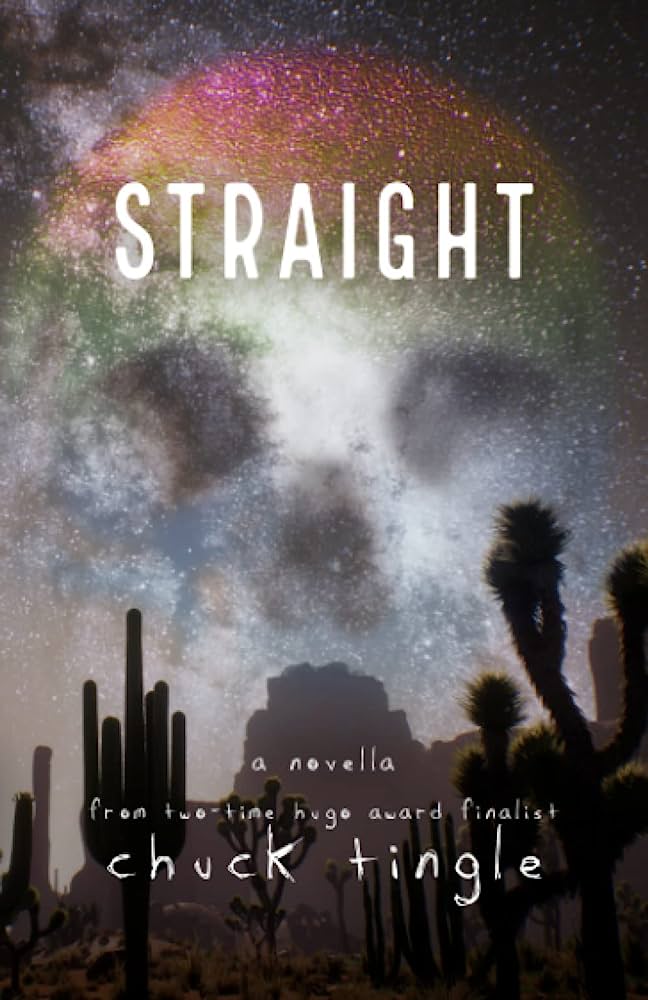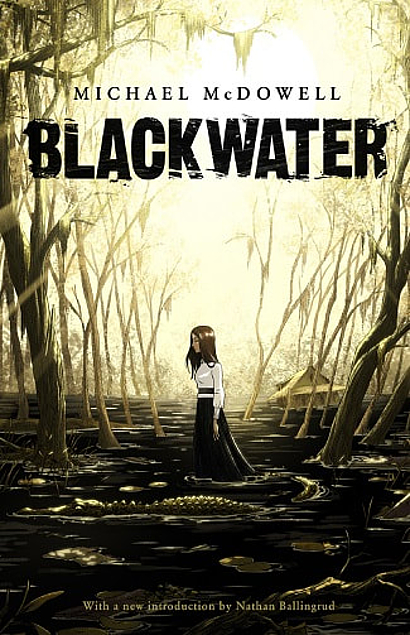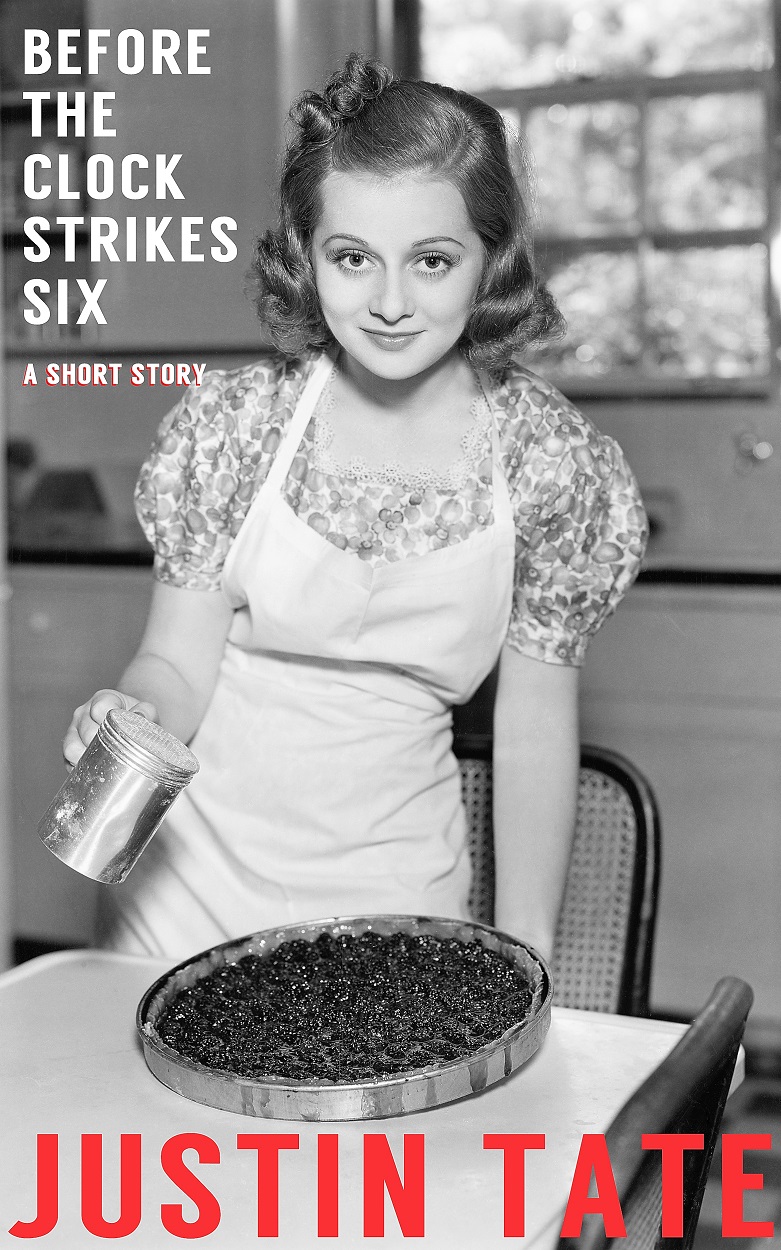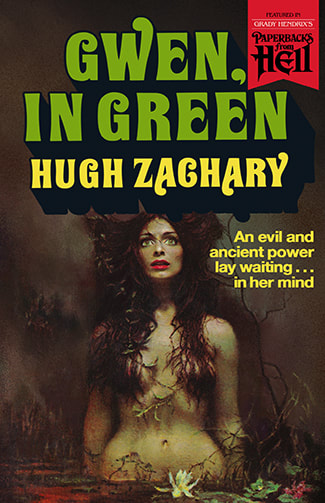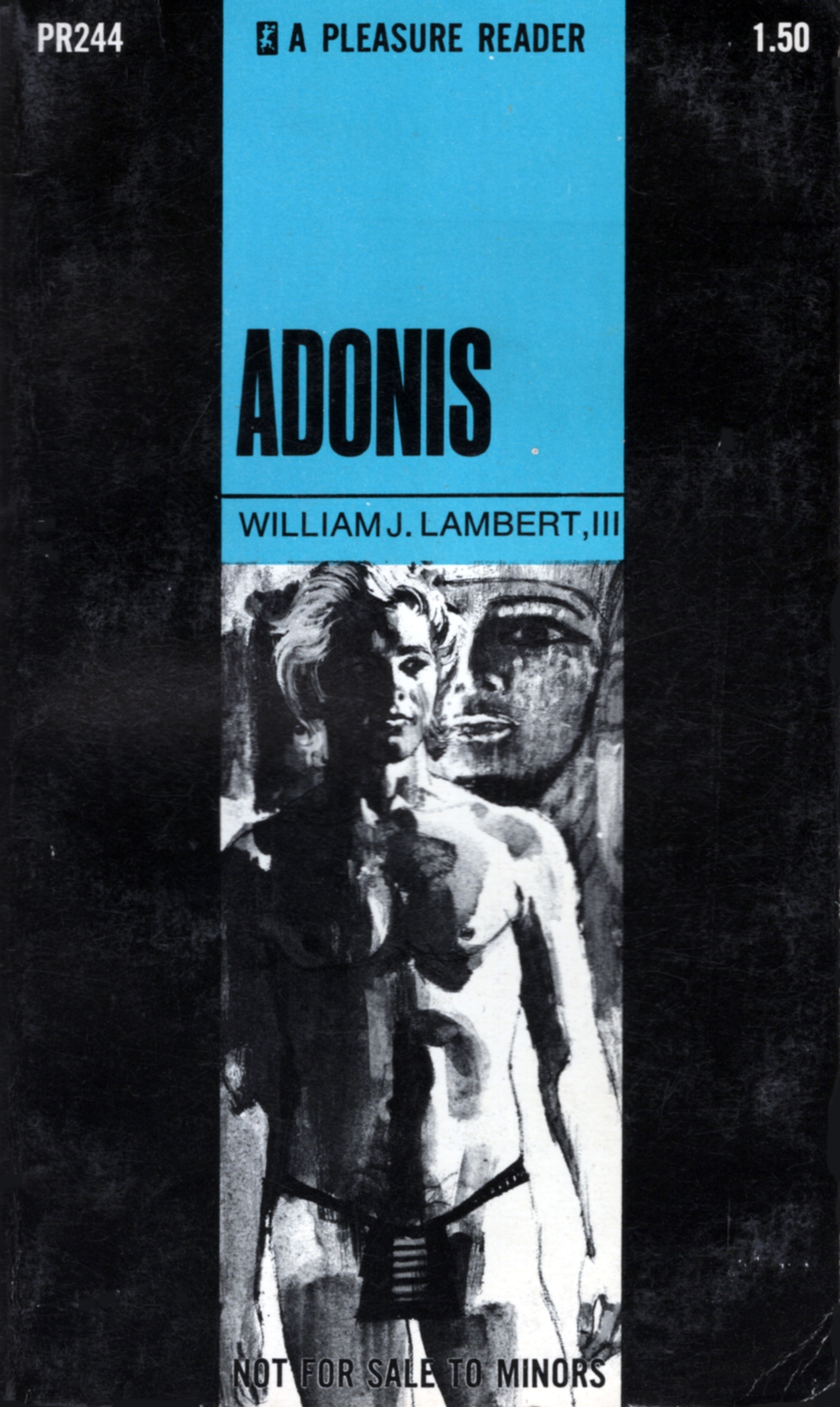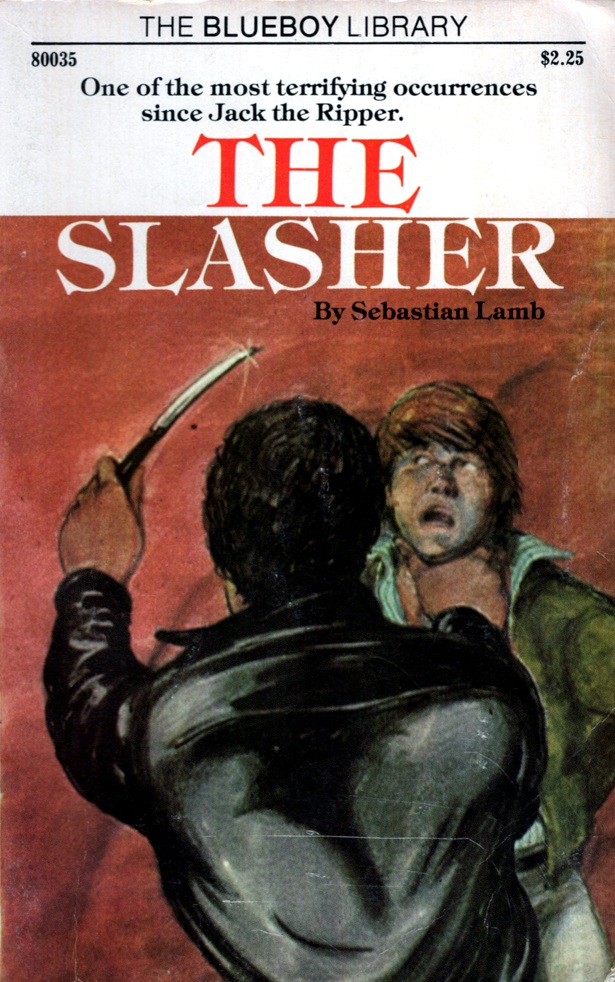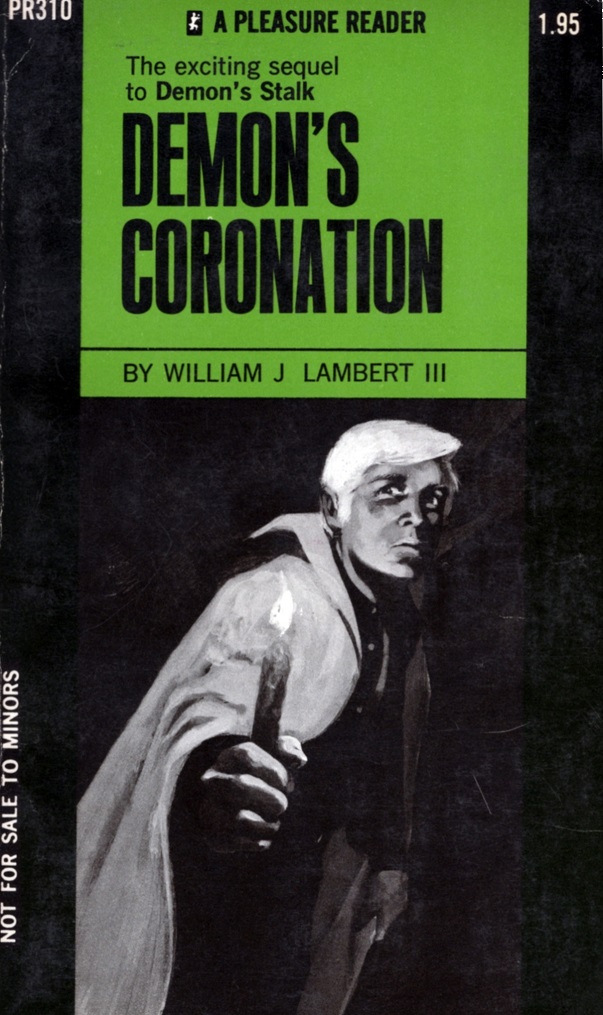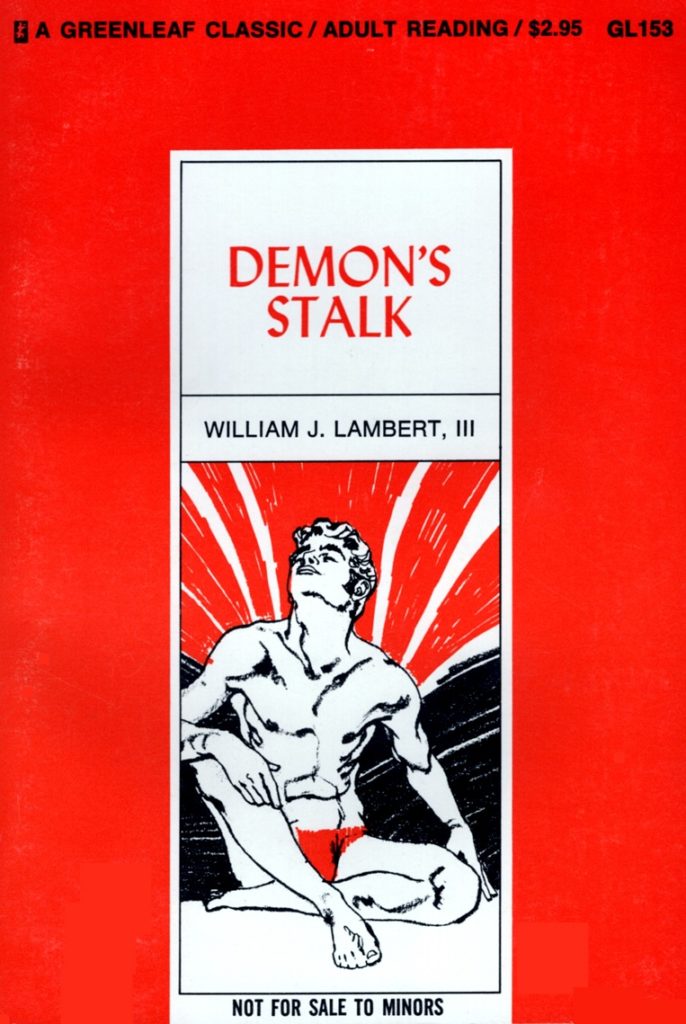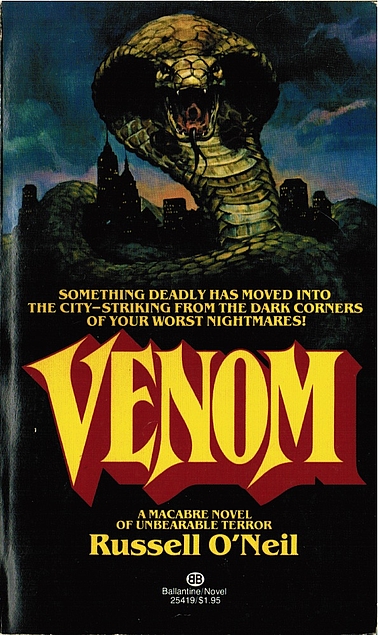A survey of 1960’s and ’70s gay pulp fiction reveals that sequels were scarce. Many of these books had impressive print runs (over 100,000) but rarely did any one title warrant a narrative continuation. The plots and characters weren’t exactly designed for posterity. Instead, their pleasures were often of a disposable nature, to the level of being tossed out with garbage upon reaching aphrodisiacal fulfillment. The idea that people might read, collect and obsess over pulp fifty years later probably sounded laughable at the time.
Nevertheless, there were fan favorites and landmark publications among this ocean of cheap, sleazy paperbacks. Some titles generated multi-book series, spin-offs, parodies and, of course, sequels. Notable examples of the era include the 2069 trilogy (1969-1970) by Larry Townsend, The Man from C.A.M.P. series (1966-1968) by Don Holliday, and Richard Amory’s bestselling Song of the Loon trilogy (1966-1968). Amory’s books sold in the millions and even had a movie adaptation.
Demon’s Coronation (1971) by William J. Lambert, III, is another example, being the dramatic second half of Demon’s Stalk (1970). If you’ve read my review of the first book, you know I’m a fan and would consider it not only a fabulous example of queer pulp, but also the horror genre at large.
Read more “William J. Lambert, III – Demon’s Coronation (1971) + Interview”
